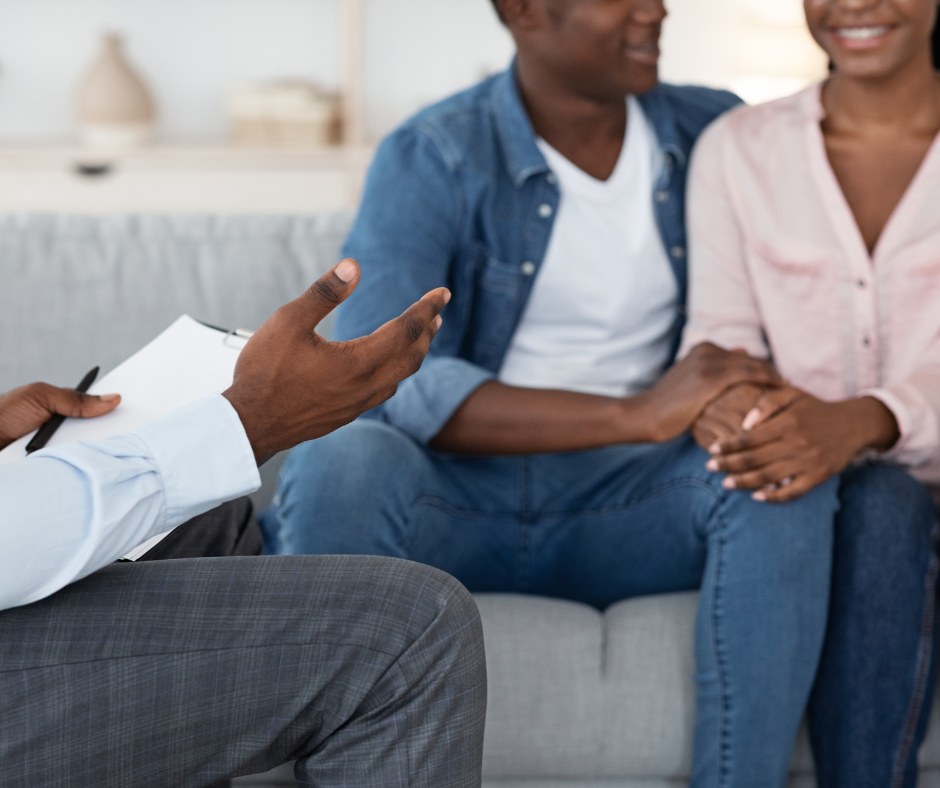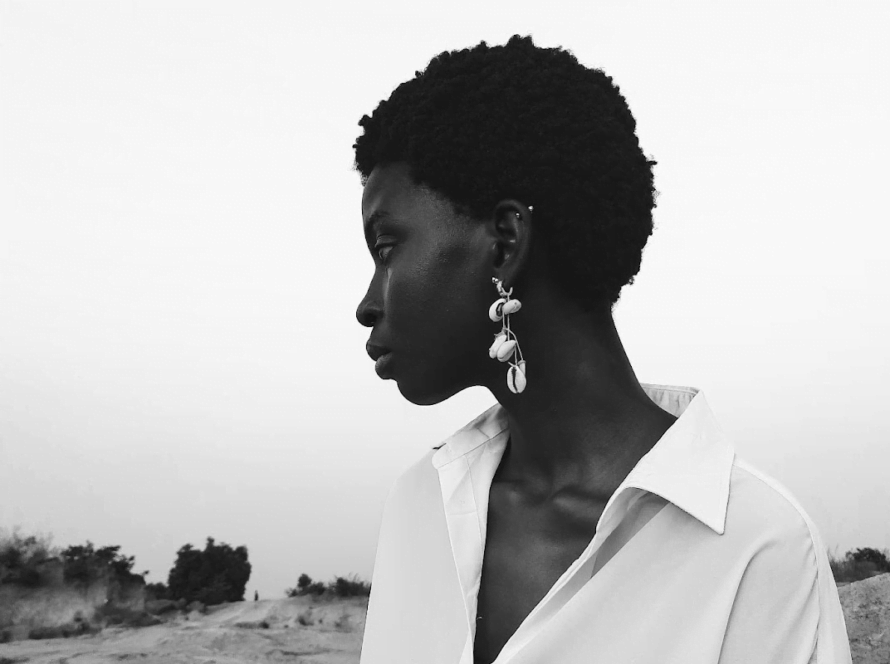Every individual is shaped by their cultural background, which influences their values, beliefs, behaviors, and communication styles. This is what we know in the world of therapy as a person’s worldview. Acknowledging and respecting these differences fosters a therapeutic environment where clients feel valued and understood for who they are. In today’s society, couples from diverse backgrounds face unique challenges in their relationships. Couples often face added barriers in their relationship from a lack of understanding of how their worldviews affect how they show up in their relationships. However, with the right tools and knowledge, these differences in perspectives can also be a strength in a relationship! There is a growing need for culturally responsive couple’s therapists to support BIPOC (Black, Indigenous, and People of Color) relationships in navigating how their worldviews influence their lives and relationships.
Table of Contents

Understanding the Need for Culturally Responsive Couples Counseling
Couples from diverse backgrounds often face different challenges that may go unaddressed in traditional couple’s counseling. These challenges can stem from cultural differences, societal pressures, and historical trauma. For example, BIPOC couples may struggle with communication due to cultural differences in communication styles. They may also face external stressors such as discrimination and systemic racism, which can impact their relationship. Couples may disagree with their partner’s responsibilities and roles that they fulfill in their own family dynamics. Additionally, individuals from marginalized communities often refrain from seeking therapy due to the stigma associated with seeking support beyond their family circle. These unique challenges require a culturally responsive approach to counseling.
Tips for Therapists
There are many steps that therapists can take to become more culturally sensitive counselors. Here are just a few tips for therapists:
- Check your biases. As mental health professionals, it is so important that we reflect on our own biases and perceived truths derived from our own backgrounds. Recognizing that these biases exist and influence relational dynamics is the first step toward becoming a more culturally competent and sensitive counselor. Understand that your clients will have different worldviews than you, and that will impact their beliefs and your therapeutic dynamic. It might be a learning curve, which is why it is also important to always remain curious about your own biases as well as the clients you work with.
- Educate Yourself. Continuously seek education and training in multicultural counseling and diversity issues. Additionally, take the time to educate yourself on your clients’ cultural backgrounds outside of sessions! This will help you understand their experiences and challenges so that you may create a safe space for your clients to show up authentically. Attend workshops, read books, seek consultation, and engage in conversations with people from diverse backgrounds to expand your knowledge.
- Incorporate Cultural Practices. Incorporating cultural practices into counseling sessions can help clients feel more comfortable and understood. For example, you can provide a safe space to incorporate rituals or traditions from their culture into your sessions. This can also help clients feel more connected to their cultural identity. Each individual and couple that you work with will have a unique set of needs and values, so tailor your therapeutic approach to honor and respect their cultural identity while addressing their specific concerns and goals.
Tips for Couples
Couples can also take steps to support their relationship and make the most out of their time working with a therapist. Here are some tips for couples who are seeking support in their relationship through therapy:
- Find a culturally competent therapist. Many individuals from BIPOC and other marginalized communities experience apprehension and skepticism of seeking support from a therapist due to a fear of being misunderstood. A culturally competent therapist, or what we refer to as a culturally-informed and sensitive therapist, will understand the nuances of different cultures and be able to adapt their approach to meet the unique needs of you and your partner. Look for a therapist who has experience and training in working with couples from diverse cultural backgrounds. Carefully read through a potential therapist’s website, set up consultations with different therapists, and come prepared with questions about their experience working with culturally diverse populations.
- Be transparent. If you feel that your therapist is not understanding your cultural background or experience, try not to be afraid to say something. A culturally-informed and sensitive therapist will want to know if they are missing something in your sessions. Sharing your perspective and explaining how your culture may impact your relationship is not just helpful for your therapist, it can also be a great exercise of advocating for yourself and inviting your partner to understand you on a deeper level.
- Remain curious, open-minded and patient. Approach therapy with an open mind and willingness to explore cultural differences and similarities with your partner. Be respectful of each other’s perspectives and avoid making assumptions or judgments based on cultural stereotypes. Remember that building cultural sensitivity and understanding within a relationship takes time and effort. Be patient with yourself and your partner, and celebrate the progress made along the way.
In Conclusion
Culturally responsive couples counseling is crucial for supporting BIPOC relationships to thrive because no individual or couple is exactly the same. By providing culturally sensitive counseling, therapists are providing a safe space for couples to feel safe in considering and embracing their identity. This process can also help destigmatize therapy in marginalized communities where reaching out for support may still be considered taboo. Our hope is that these tips can help therapists and couples work together to overcome challenges and build stronger, healthier relationships.
At Destination Therapy, we value meeting a client and/or couples where they are. This means we provide a safe, nonjudgmental therapeutic space for our clients to show up authentically so that we may address their concerns in a way that best suits them. If you and your significant other are searching for therapeutic services from a culturally sensitive counselor, we offer a 15-minute consultation call to ensure that you are matched with a therapist who is the right fit for you.
When to Seek Help
Destination Therapy helps professionals overcome many kinds of emotional challenges or concerns. We recommend that every therapy client get matched with a therapist who can meet their needs. Luckily, we can match you with one of our therapists who will be able to help with your concerns.
To ensure our pick is a good match, we offer a free 15-minute consultation call. This is to make sure you feel that your therapist is right for you. If you’re ready to explore therapy as an option for easing your concerns, we recommend that you reach out to us.
We’re happy to help you get back to balance and confidence.
And if you enjoyed this blog, be sure to comment and share it on social media like Facebook, Instagram and LinkedIn.


